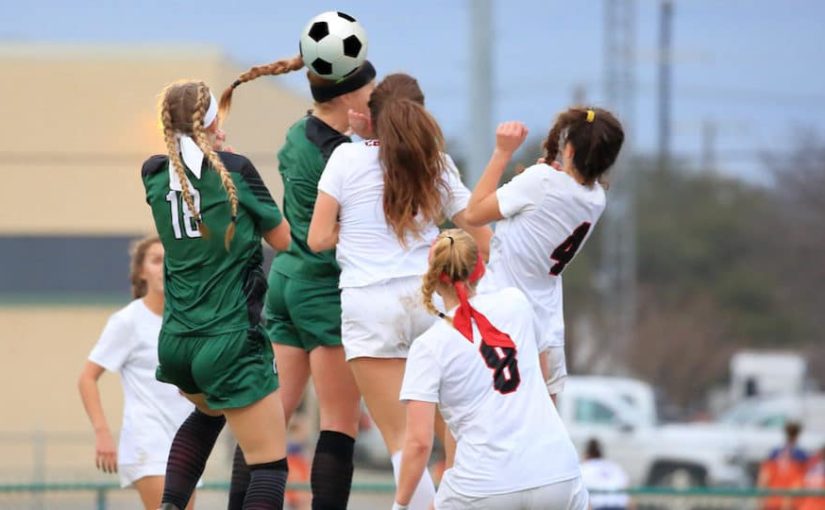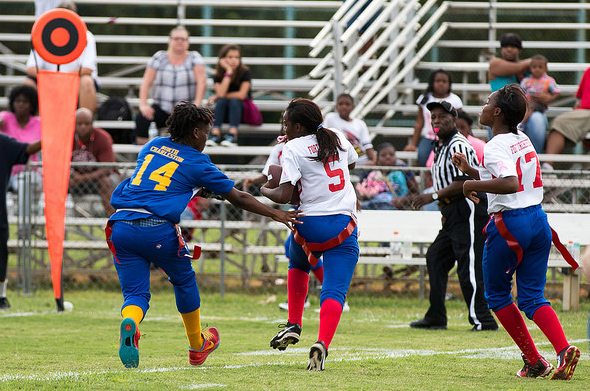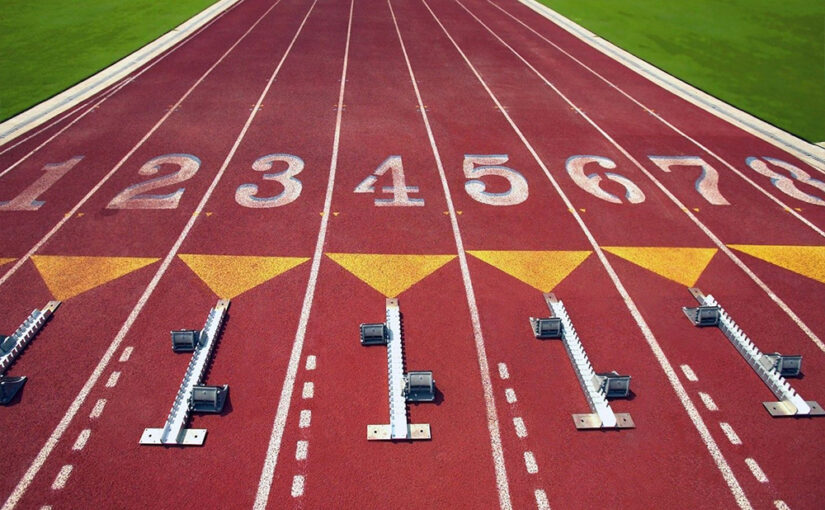Finding focus during your practices
Trying to figure out a way to focus your team for better performances and more quality practices?
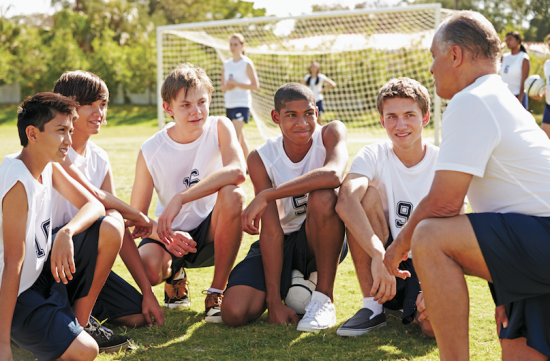 Focused athletes are essential to your success. You need to have athletes who can concentrate fully on the task at hand for an extended period of time to get the job done. While all coaches understand the importance of focus, just how can you train and develop this critical skill with your athletes during your practices?
Focused athletes are essential to your success. You need to have athletes who can concentrate fully on the task at hand for an extended period of time to get the job done. While all coaches understand the importance of focus, just how can you train and develop this critical skill with your athletes during your practices?
Squirt bottle challenge
To be effective, athletes need to learn how to block out distractions and focus their minds completely on the task at hand. The squirt bottle challenge is a fun and effective way to help your athletes learn how to lock in and stay focused.
For setup, all you need to do is find some clean squirt bottles and fill them with water. Let your athletes know you’re going to test them with the Squirt Bottle Challenge. As your athletes are practicing a skill, you and your coaching staff stand near them with a squirt bottle in hand. At random intervals, squirt your athletes with a stream of water to see if they maintain their composure and concentration. Of course, be sure the skill is not something where the athlete or someone else might get hurt if they become too distracted.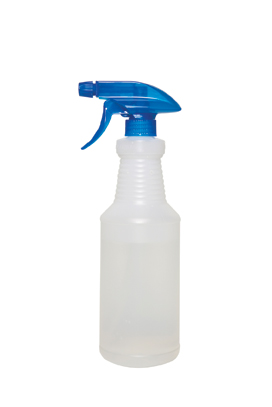
Make a game or challenge out of it by seeing how many times your athletes are successful in a drill while being potentially squirted with the water bottle. Reward the winners or have the losers run, do pushups or carry the winners gear.
As you do the challenge, see how well your athletes block out the annoying squirts of water and stay focused on the task. Following the activity, take a moment to discuss the following questions with your athletes:
- How well did each person respond to the distraction?
- Did your athletes have any control over the distraction?
- Which athletes did the best job of performing while being squirted?
- What are other examples of distractions athletes must face?
- What did the athlete focus on to successfully overcome the distraction?
Pickle jar
Athletes often come to practices and workouts with many distracting thoughts on their minds — a paper they have due, an exam they didn’t do well on, a fight with a friend or a party they are planning for the weekend. It’s hard for high school and college student-athletes mentally to transition from their student role to an athlete role.
One way to help athletes make this transition is the pickle jar activity. This idea is designed to help athletes recognize, record and release their negative and distracting thoughts prior to a practice or competition.
For setup, get an empty pickle jar or other small- to medium-sized jar, pens or pencils and pieces of scrap paper.
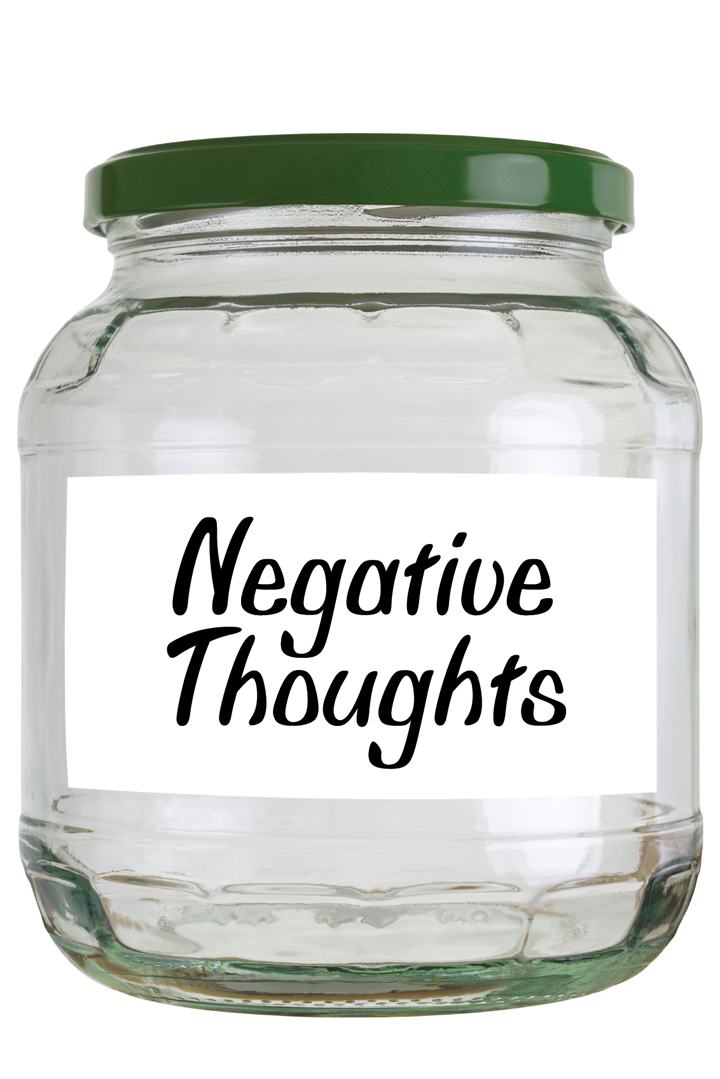 As your athletes begin showing up for practice, hand each of them a piece of scrap paper and a pen. Ask them to think about all the things weighing on their minds and stressing them out right now. These could be problems that occurred earlier in the day, being in a bad mood, worries about future exams, stresses about big projects that are due, or concerns about finances, friends or family.
As your athletes begin showing up for practice, hand each of them a piece of scrap paper and a pen. Ask them to think about all the things weighing on their minds and stressing them out right now. These could be problems that occurred earlier in the day, being in a bad mood, worries about future exams, stresses about big projects that are due, or concerns about finances, friends or family.
You want them to get all their distracting thoughts, worries and stresses onto the sheets of paper. When they have listed everything, have them fold up their papers and put all of them into the pickle jar. Visibly seal it tightly in front of them.
Remind them that over the next two hours of practice, there is nothing they can do about the things sealed in the pickle jar. Thinking about the things in the jar during the practice is not going to solve them — nor is it going to help your players have a good practice — so they might as well focus on the task at hand. They always can revisit their distractions and stresses following the practice.
The pickle jar activity helps players compartmentalize their distracting thoughts to transition from being a student to an athlete in a competitive setting.
‘Start, stop, continue’
Finally, with losses, injuries and other numerous distractions that occur throughout the course of a season, teams easily lose their focus. They stray from the fundamentals and core values that form the basis of their success and fall into bad habits as players routinely do.
“Start, stop, continue” is a simple yet powerful exercise to get your athletes’ ideas on what your team needs to do to get back on track mentally.
Give each of your athletes a sheet of paper and pen and have them share their individual insights on the following questions:
- To be successful, we need to START …
- To be successful, we need to STOP …
- And to be successful, we need to CONTINUE …
Hand out the sheets at a practice to have your players fill them out anonymously (recommended) or email the three open-ended questions to your athletes and them compile their responses.
Look for themes several of your athletes have in common and group them together. Share the feedback with the rest of your team. As a team, decide on the two or three biggest things they must start, stop and continue doing to refocus the team and give it the best chance of being successful. Make a team pact to do these things over the course of at least the next two weeks. Monitor your teams progress and model the commitments as its leader, as well as hold your athletes accountable.
Use these three drills to help develop more focused athletes. More focused athletes help you have more quality practices, and they also fully concentrate on game day to help you and your team succeed.
For more drills on gaining the mental edge for your team, visit www.janssensportsleadership.com.

